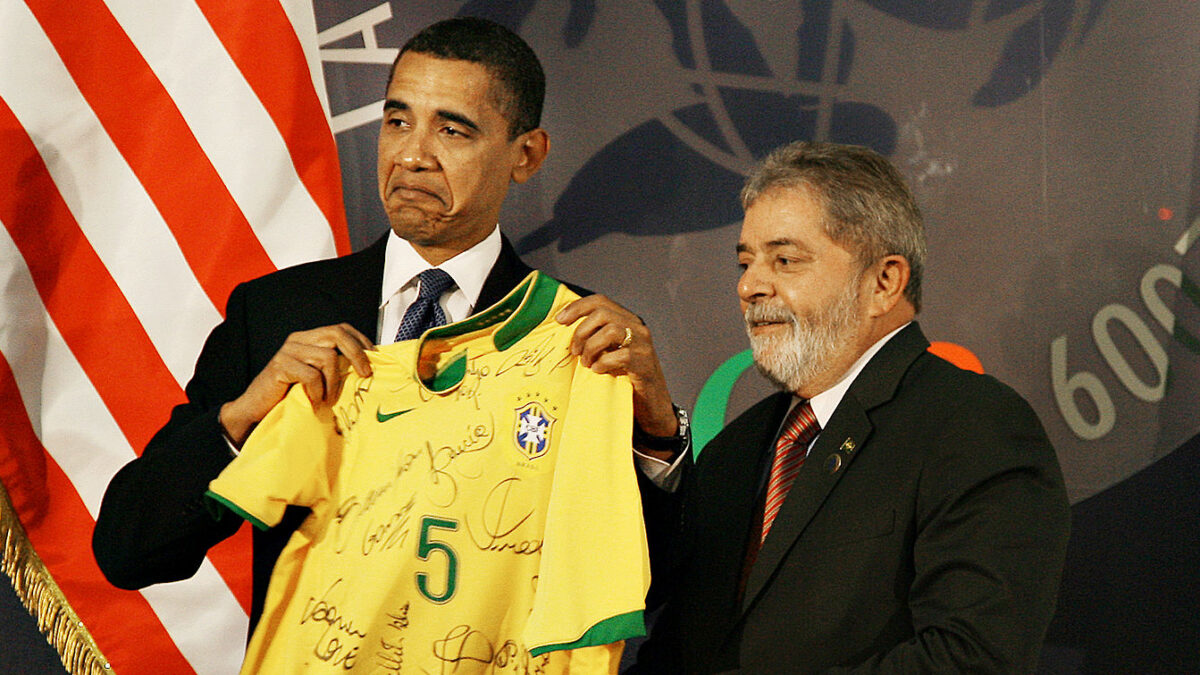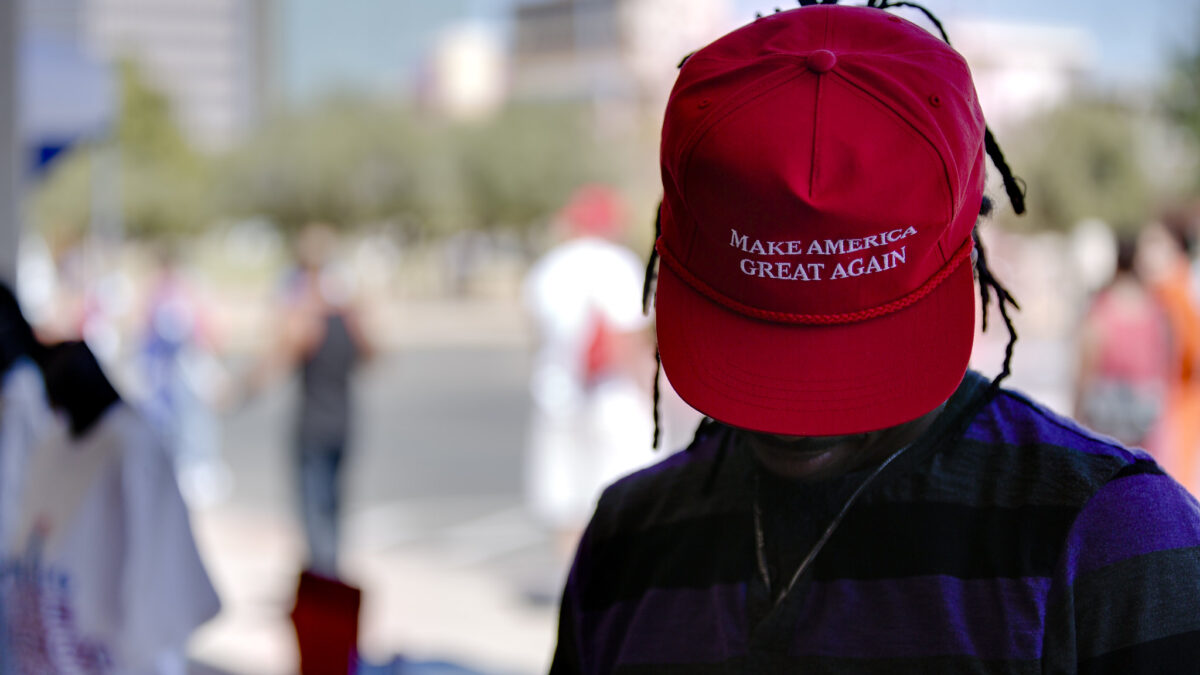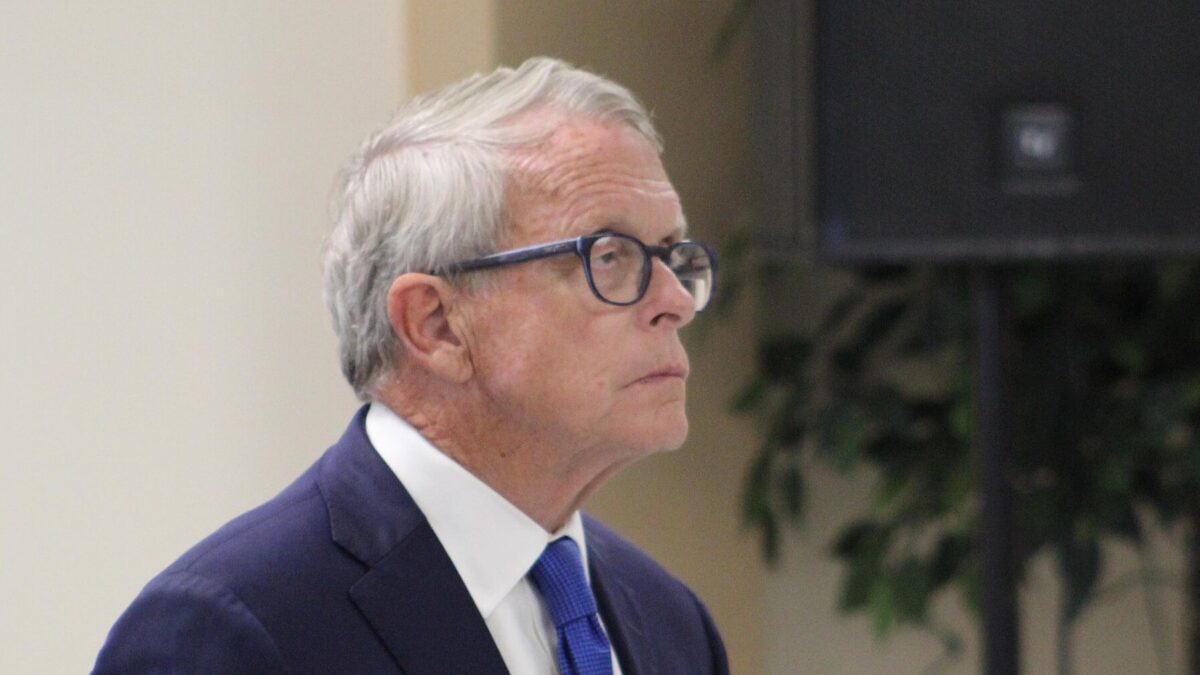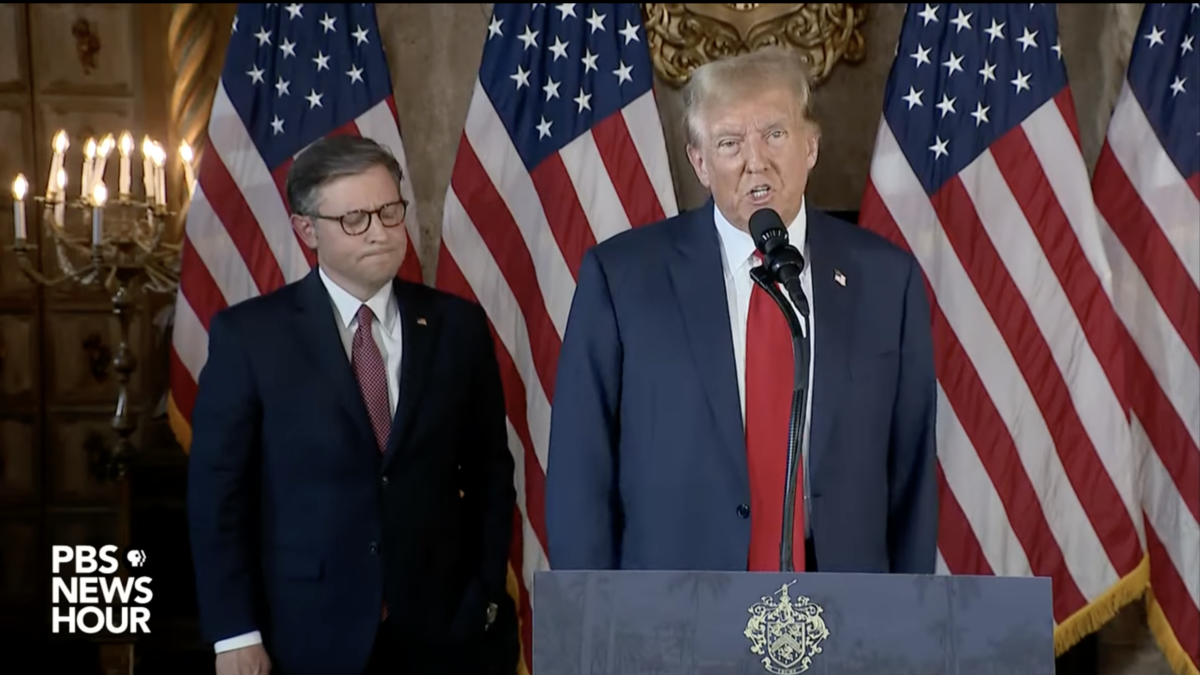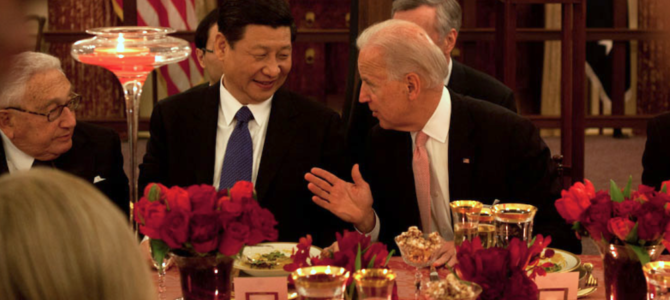
It is no secret that Donald Trump has taken a strident, pro-America approach to China since well before he was elected president. The contrast with his 2020 challenger, Joe Biden, couldn’t be more striking. In an interview with “60 Minutes” Sunday, Biden told correspondent Norah O’Donnell that China was merely our “biggest competitor” and not a current threat to the United States.
As President Barack Obama’s former “point man for China,” Biden has repeatedly downplayed the threats from the communist country. Arguably, his latest comments are a modest strengthening of his resolve toward China since last May, when on the campaign trail in Iowa City, Biden said China was “not competition” for the United States. In remarks widely criticized at the time, Biden panned Trump, saying, “China is going to eat our lunch? Come on, man. … I mean, you know, they’re not bad folks, folks. But guess what? They’re not competition for us.”
Did Hunter Facilitate the Sale of Sensitive Tech to China?
As Trump finishes his final campaign push in the Midwest, he is sure to repeat some version of the claim he’s made from the stage countless times: Biden spent his entire career selling jobs to China. From the stage in Michigan just this week, the president claimed Biden’s policies were “fueling the rise of China on the backs of Michigan workers.” Muddying the waters are the more recent revelations of how Biden’s disgraced son Hunter facilitated and continues to profit from the sale of a Michigan automotive company, with sensitive dual-use technology, to communist China.
The similarity of the Chinese J-31 fighter to the U.S. F-35, a multibillion-dollar integrated weapon system that builds on decades of U.S. air dominance, is not by accident. After the Chinese stole F-35 design data in the early days of the Obama administration, they knew what to build. It wasn’t until they acquired Henniges Automotive’s vibration dampening technology, however, that they knew how to build critical elements of it, thanks to the deal reportedly brokered by Hunter Biden that gave them control of the technology.
In the 1980s when the Soviet Union purloined the plans for the American F-15 and leveraged them into what would become the Su-27, it was considered espionage. When China did something similar under Obama’s watch, it was largely waved off as “just business” and a little friendly competition between global superpowers.
Did Joe Profit from Hunter’s China Business?
Joe Biden’s September 2019 claim that “I have never spoken to my son about his overseas business dealings” prompted skepticism among his opponents at the time, but the Biden camp has only doubled down on the claim since and with increasing resolve. As more and more of Hunter Biden’s business emails and other correspondence have been released, the skepticism appears to have been warranted, particularly with the disclosure of texts between Biden business associates clarifying the rules of dealing with the Bidens: “Don’t mention Joe being involved, it’s only when you are face to face.”
It remains to be seen if future disclosures from Hunter’s abandoned laptop will result in a “smoking gun” that implicates the former vice president in a scheme to abuse the Committee on Foreign Investment in the United States’ (CFIUS) review process on behalf of Hunter’s Chinese business partners. While Hunter’s responsibilities clearly included shepherding the transaction through the government review process, it is likewise an open question whether Hunter used his influence and connections to sway the decision-making process related to Henniges Automotive on behalf of his own business venture and clients. It’s certainly a reasonable question given the known facts.
The Henniges deal is just the tip of the iceberg. When Trump accused the Obama-Biden administration of selling U.S. manufacturing to China, he wasn’t exaggerating.
The Committee on Foreign Investment in the United States was created in 1988 and authorizes the president to review “any merger, acquisition, or takeover … by or with any foreign person which could result in foreign control of any person engaged in interstate commerce in the United States.” The CFIUS review process is opaque and has mandatory confidentiality requirements to protect the private information of U.S. businesses, so it is difficult to determine exactly what types of transactions have been allowed, or if Hunter Biden and his associates facilitated any other transactions.
According to the U.S. Treasury’s reporting to Congress, however, the number of annual CFIUS-covered transactions “sustained [an] upward trend” during the Obama administration, with 942 covered transactions from 2009-2016. Nearly three-quarters were from the manufacturing or finance, information, and services sectors.
China was the “acquirer home county” with the most transactions during this period, and its shopping spree continued until 2017 when the Trump administration blocked the acquisition of Lattice Semiconductor. China’s number of transactions more than halved over the next two years under President Trump, with Japan finally taking the top spot starting in 2019.
Also interesting to note is that CFIUS only covers a voluntary review of transactions that would result in foreign control of a U.S. business. It wasn’t until Sen. John Cornyn, R-Texas, and Rep. Rob Pittenger, R-NC, pushed through the Foreign Investment Risk Review Modernization Act of 2018 that certain transactions had mandatory review. Additionally, a much broader list of review triggers was established, including non-controlling interest investments resulting in a foreign actor getting rights to or involvement in critical technologies, and greater clarifications on what type of technologies should be protected from transfer to foreign governments.
The Candidates’ Approaches to China Couldn’t Be Clearer
The Trump administration’s approach to China and implementation of the Foreign Investment Risk Review Modernization Act represent another of the president’s significant and unheralded accomplishments and has significantly improved our ability to protect critical technologies. It is also a stark contrast to the view of China as friend and partner that has driven Biden’s approach to the nascent superpower.
On May 9, 2011, when China was actively committing espionage on a grand scale to steal U.S. military secrets about the F-35 and other systems, as Vice President Biden addressed the opening session of the U.S.-China Strategic and Economic Dialogue, saying:
That’s why it’s so critically important we talk to one another honestly. We should be realistic; we won’t always be able to work together. In some areas we have vigorous disagreement. In some we’ll have vigorous competition. In still others we’ll have vigorous collaboration.
Vigorous collaboration? C’mon, man.


